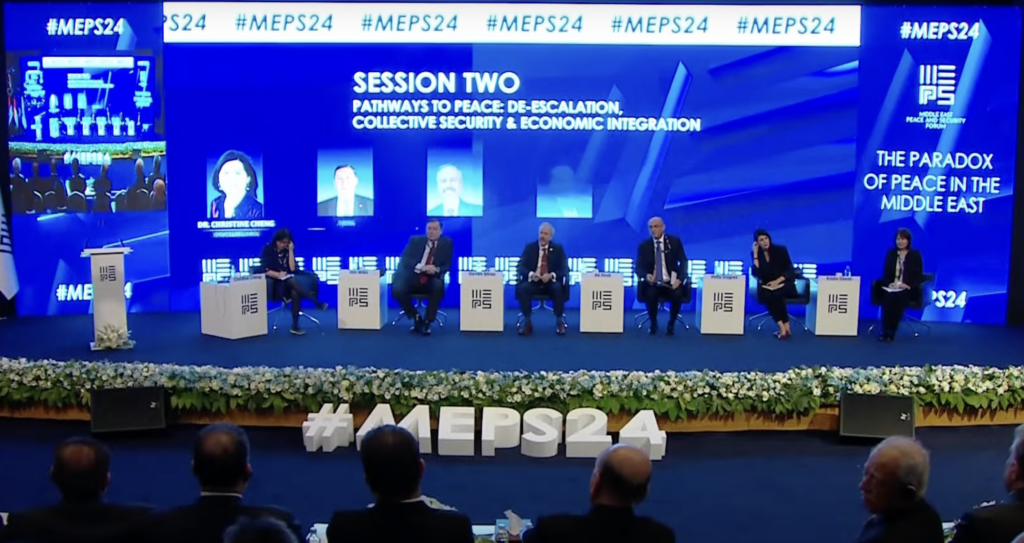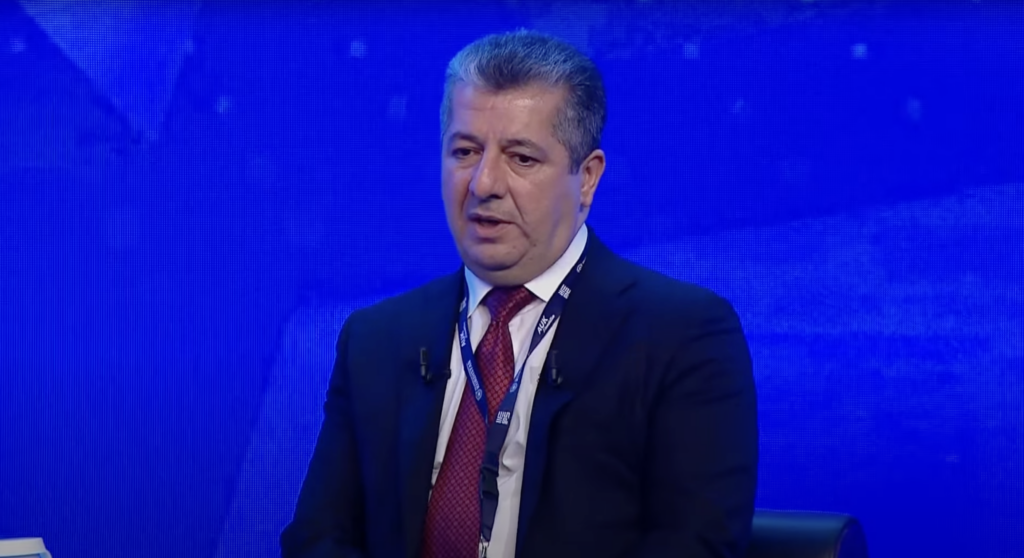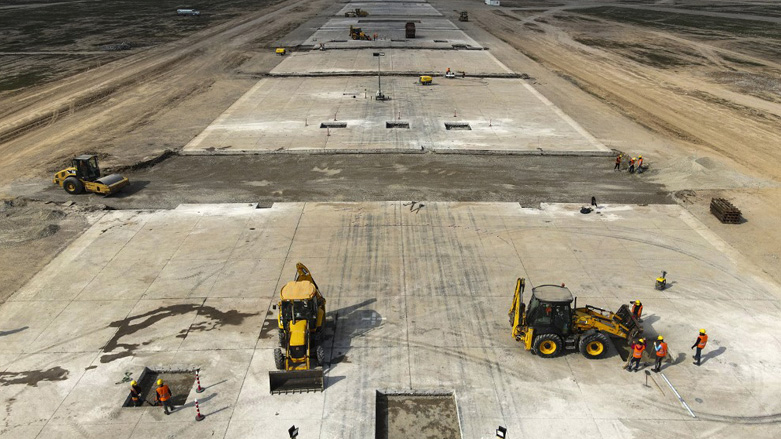How serious are the Peshmerga reforms?

The Peshmerga are not a national force, but are in essence two distinct forces controlled by the Kurdistan Democratic Party (KDP) and the Patriotic Union of Kurdistan (PUK). After entering a costly war against the Islamic State (ISIS), in which the Peshmerga lost more than 1,500 from their ranks and another 10,000 were injured, the reform project to professionalize and unify the Peshmerga was conceived.
In 2017, a supreme committee in the Ministry of Peshmerga was formed. The British soon got involved, then later the Americans. Germany, as a key supporter of the Peshmerga, was asked to get involved as well. The four sides brainstormed ideas, resulting in a 35-step, long-term reform plan named “Peshmerga of the Future.” It has the blessing of former president Masoud Barzani, the Kurdistan Regional Government (KRG)’s Council of Ministers, and the KDP and PUK.
“There are important points in the project, such as rewriting the security strategy of the Kurdistan Region,” Staff Brigadier General Hazhar Omer Ismail, Director of Coordination and Public Relations in the Ministry of Peshmerga, told Rudaw.
Currently, 13 of the 35 steps are being worked on, including digitizing the payroll, improving communications, writing a national security strategy, and reviewing operation readiness. “Very good work has been done... However, there still is work remaining as they are long-term projects,” said Ismail.
The reform process “might span 5 years or more. Some of the 35 projects are easy and can be done in a couple of months. Some others are long term and will take years,” he explained.
“The work isn’t easy. It requires time, political will. It requires the support of the parties and the Regional Government, without a doubt. It also requires capabilities. What we have seen is that there is strong political will,” he said optimistically, adding momentum might increase when the new government is formed.
British partners were less willing to comment on what progress has been made, but they said they stand by the reforms.
“Commitment to reform must be mutual. The KRG has supported Peshmerga reform since the start of the programme. We look forward to working closely with the new KRG to deliver the next phases of the reform programme,” British Consul General to the Kurdistan Region Martyn Warr and Colonel Will Davies, Special Defense Adviser to Ministry of Peshmerga, told Rudaw in joint written comments.
Stability and security of the Kurdistan Region are important for the anti-ISIS global coalition, which is committed to a secure and stable Iraq, the British officials explained. “Peshmerga reform is a key element of that commitment and it should be a priority programme within the KRI’s [Kurdistan Region of Iraq] wider reform effort,” they added.
While the political parties and stakeholders reiterate their commitment to reform efforts on paper, a Kurdish analyst believes that the existing rift between the KDP and the PUK is hampering the process.
“I have heard the slogans. What I am not seeing is tangible effort. I am not aware of progress being made towards the end goal of a unified Peshmerga accountable to the KRG and not the two strong parties,” Bilal Wahab, Wagner Fellow at the Washington Institute for Near East Policy, told Rudaw.
The KDP and PUK fell out after the 2017 independence referendum when Iraqi forces retook control of the disputed areas. The KDP accused elements within the PUK of committing treason in Kirkuk. The rift widened when they competed for the post of Iraqi president.
The parties have been in talks to resolve their disputes and reach a power-sharing agreement to govern the Kurdistan Region, in coordination with Gorran. Control over the security forces is one of the issues being debated. Gorran wants to see the Peshmerga nationalized.
“You cannot talk of Peshmerga reform if the parties aren’t working together,” said Wahab. The reforms address not only technical military aspects of the force, but should be political as well, he argued.
The parties each control their own Peshmerga units. KDP controls Unit 70 and while PUK controls Unit 80. There are a number of Peshmerga who operate under the umbrella of the Ministry of Peshmerga, but each has a different chain of command and there is no unity between the forces of each party.
The reforms are essentially about the loyalty of Peshmerga, Wahab pointed out. “Is the Peshmerga the military of KRG, or the armed wings of political parties?”
“The KRG is made up of the KDP and PUK, but they don’t want to entrust their own government with their own Peshmerga,” he said. For KDP and PUK to give up control of their armed forces, there must be rule of law and trust in the state institutions, he explained, sharing Brig. Gen. Ismail’s optimism that reforms may gain a new life when the new government takes power.
The Kurdish leadership has an opportunity here to take advantage of international allies ready to help, demonstrate to the people the capability of the Peshmerga (after embarrassing early retreats in the face of ISIS), and show to Iraq they can be a model of reform.
Iraq is facing its own challenge of what to do with the powerful Popular Mobilization Forces (PMF, or PMU) that were formed outside of the state forces in response to the rise of ISIS. Baghdad has brought them officially under the control of the armed forces but has struggled to rein them in.
Does the Peshmerga want to copy the PMU “or be a better model and reform?” Wahab asked.



